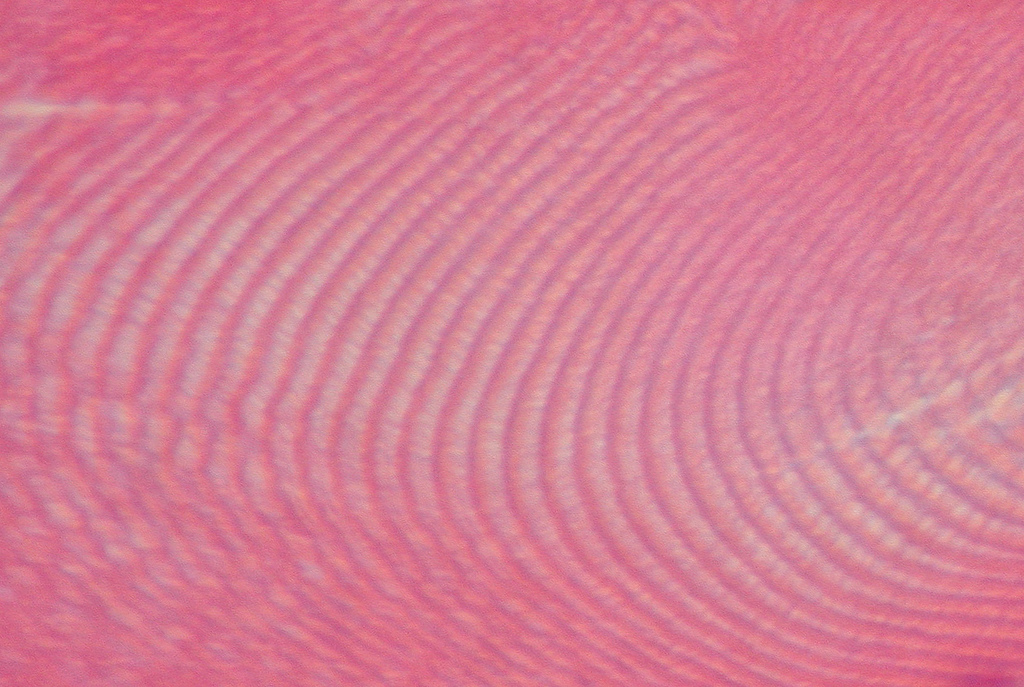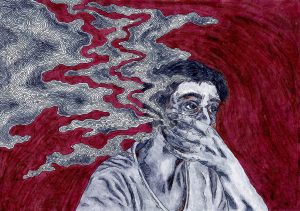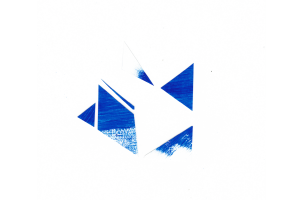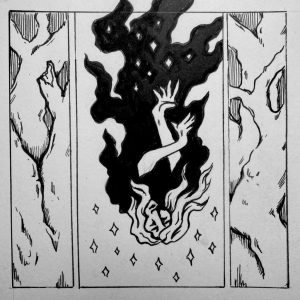
Body of Evidence
by K Erickson | June 4, 2016
She had a tape recording. In it, his voice was muffled, slurred from a night of heavy drinking, and at times inaudible from the rustling of the coat pocket in which she’d hidden the phone during their last conversation together. In it, her voice was noncommittal, quiet, deferential, almost apologetic.
Nonetheless, she had captured it: his own voice, admitting to raping her. It was more than I ever had. Almost exactly a year earlier, when I had been a victim of the same crime, I’d had nothing so damning. I had only felt the haunted and barren ground inside me where a gentler and more trusting part of my nature had once resided, but that day had been forcibly removed and taken from me forever.
In the days after my own attack I had searched my room, the sheets of my bed, and the external features of my body for some trace of proof that I could use to defend myself with, but found them all treacherously unblemished. There had been no evidence aside from my own barest whisper of a human voice, quiet and uncorroborated. I had felt that if only I could have ripped my own body into pieces and offered up the necrotic and gangrenous tissue of suffering within for all the eyes of the world to see, I could have had the evidence I needed. But I couldn’t. So I had nothing.
But she had a tape recording. She was a student of mine, a barely-more-than child whose care had been entrusted to me for the brief window of a summer study abroad programme. Looking at her as she told me her story late one night last August, three days before she was due to return home, she seemed like a poltergeist. She was a mouthpiece of my own memory, possessed with the words I’d never spoken aloud. If I had opened my diaries from the year before, I would have found her words written verbatim in my own hand amid seemingly more innocent observations of kites, jackdaws, magpies: an augury of black feathers, erratic flight patterns, and—as I would discover over the following weeks and months in the course of my own life—dark fates.
At first, I didn’t have much to say to her. I could only nod along and wonder, dully, where young girls are taught this identical script of contrition, of self-erasure and deference, that we had both fallen back on without second thought. She didn’t want to report the crime that had occurred, and I had no force with which to convince her otherwise; after all, neither had I.
We sat together in paralytic silence. She lay with her head in my lap and I stroked her hair, and we listened to the gambol of crows outside my bedroom window. I watched them and felt that if I could read the signs as a soothsayer might, they would have foretold the same future for her as they had done for me, as they have done for thousands of other women in our place. She mumbled quietly about forgetting what had happened and moving on. I didn’t look her in the eye but watched a black wing flutter past the open sill. I didn’t say what I knew to be true: that she would never forget, that she would look back on that night as the end of a version of herself forever. The birds wheeled away into the night, and it became very dark.
Then she revealed the recording, and I thought that everything had changed. In my mind, that iPhone voice memo was a resurrection stone. It was the ironclad verification we needed to deliver her the justice she deserved—that I felt I deserved too, and had denied myself in my own failure to find the evidence I thought I needed. Suddenly, I was pressing her to report. I went to the CC television records in the house we shared and found a fragment of footage of them leaving together. I contacted other people who might have seen them that night to lend substance to her story. In a frantic twenty-four-hour period, I grabbed at the turbulent air between us with both hands, pulling every thread of information toward me that I could.
The night before she was set to leave she came to me again, and I laid everything I had found before her. It was a fragmentary corps, dismembered segments that I hoped might combine together with my prodding to make a whole. I stood before her like a necromancer, willing these chunks of flesh and memory back to renewed life so they might seek vengeance on her behalf.
But for reasons she never voiced aloud, she didn’t feel it was enough. The next day, she deleted the recording. She finished her programme and went home. I never saw her again, and nothing ever came of it. The Frankenstein-like tangle of collected proof I had assembled wreaked no havoc, raised no hell, sought no justice. It returned to the disparate pieces from which I had gathered it, and fell silent. I was left only to watch birds and wonder: on the path her fate would take, how it might converge or diverge with my own story, and what final piece of evidence I might have gathered that would have been good enough to change its outcome.
We are often told in cases such as ours that it was not rape, but merely regret after the fact. We are told that we are obfuscators, trying to avoid facing a decision we wish we hadn’t made. I have experienced rape, and I have experienced regret, and I know the difference between them. But it was only on that night in August as she left my room and vanished from my life forever that I experienced the pain of both at once.
Image by Garrey




